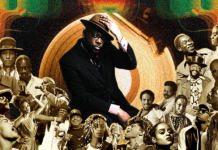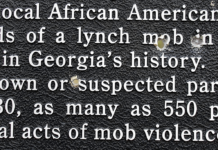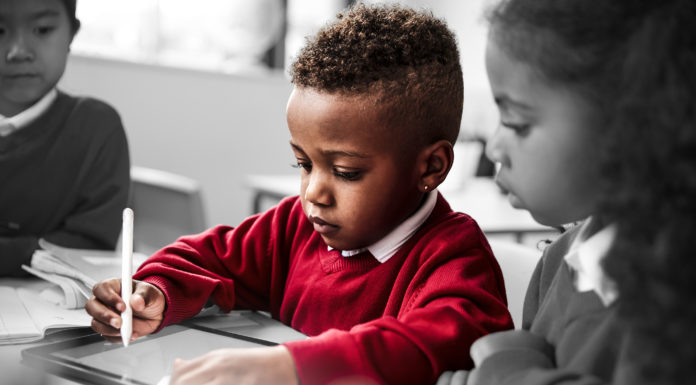2020 has been one of the more difficult years on record. The COVID-19 pandemic would have been enough by itself but there was also an economic downturn that accompanied it. One would assume that would be the biggest story all year, but by the time summer came around it had been eclipsed by world-wide protests and unrest after the controversial killing of George Floyd at the hands of a police officer. Then, to top it all off, it was an election year which put the nation’s division on full display for the world. Though the year has been difficult, there are important lessons to take away for the future. If you are in education that lesson should be clear: We need to spend more time on science and social studies.
As it currently stands, schools spend most of their time on reading and math to the detriment of other subjects. Everybody knows that. Many people cry foul about it but as long as math and reading hold their spot as the main metric by which schools are measured, even advocates of a diverse education have their hands tied. This is especially true at the lower levels.
Nobody is naive enough to believe that science and social studies will supplant math or reading at the top of the food chain in schools. Nor should they necessarily.
You can’t help but notice that the biggest stories in the world in 2020 were grounded in science and social studies.
Businesses and schools weren’t forced to shut their doors because of an outbreak of the Pythagorean theorem. Millions of people weren’t marching in the streets in the name of Holden Caufield. There wasn’t a world-wide race to create a vaccine for algebra. And people didn’t line up around the block to cast their votes for Ponyboy or Sodapop.
It took a pandemic to remind us we should teach students about infectious diseases and pathogens.
It took controversial police interactions and global protests to remind us to teach students about race relations.
It took a divisive election to remind us to prioritize civics.
Of course, as these things happened, teachers and schools jumped on the bandwagon and broke out relevant lessons—but that isn’t the point. Because the students in your class today weren’t eligible to vote in November. They aren’t the ones most at risk of dying from coronavirus now either. While they will certainly benefit from a comprehensive education on those topics later, what about the class after them when COVID has died down and their social media feed has returned to normal?
Will our educational system continue to pump out young adults who can explain The Giver but not the Electoral College? These things need to be priorities year in and year out before the world reminds us why.
This is not the first time this has happened either. Unfortunately, it took a water crisis in Flint before many schools thought it was important to examine the science and social issues behind pollution. Six years later—after the “moment” passed—those lessons are more or less gone from schools, even though that crisis and others like it are still technically ongoing.
Don’t let the lessons we learned the hard way be forgotten. Don’t prioritize science and social studies on a sliding scale alongside the news cycle. 2020 has shown us that the kids who don’t learn these things today will still be the adults making decisions about them tomorrow.










